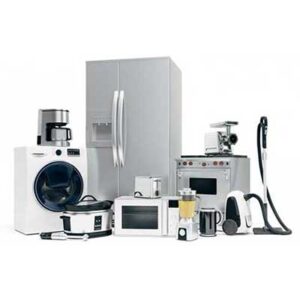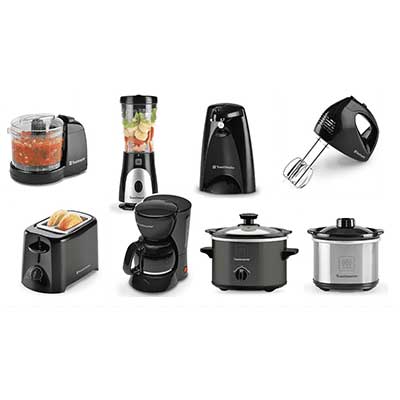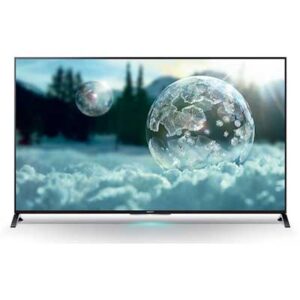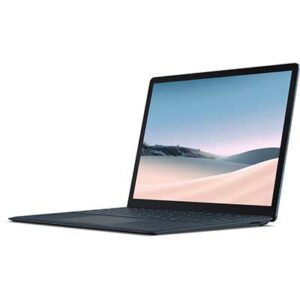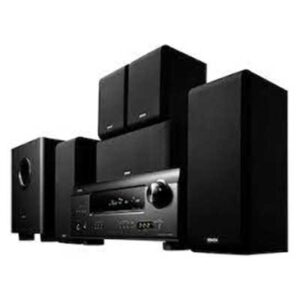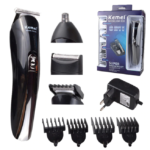How To Buy Right 1.5 Ton AC For Your Home? Leave a comment
Are you weary of the searing heat and want to acquire the best air conditioner for your home? With so many alternatives available in the market, finding the proper 1.5 ton AC may be a challenging endeavour.
However, with some careful considerations, you may make an educated selection and create a cool and pleasant climate in your house. In this post, we will take you through the process of purchasing the proper 1.5 ton AC for your house.
Importance Of Choosing The Right 1.5 Ton AC
Selecting the correct 1.5 ton AC for your house is vital for maximum cooling and energy efficiency. A suitably sized AC guarantees that your room or area is cooled efficiently without needless energy usage. It is crucial to examine many variables before making your purchase to guarantee long-term pleasure with your investment.
Assessing Cooling Requirements
Before purchasing an 1.5 ton AC, it is vital to estimate your cooling needs. Consider elements such as the size of the space, ceiling height, insulation, number of inhabitants, and heat-generating equipment.
Calculating the cooling load will assist establish the optimum capacity required for effective cooling.
Energy Efficiency And Star Ratings
Energy efficiency is an important element while buying an AC. Look for devices with higher star ratings since they use less power and help save on energy expenses.
The Bureau of Energy Efficiency (BEE) gives star ratings that show the energy efficiency of an AC. Opt for a model with a higher star rating for more energy savings.
Understanding BTU (British Thermal Units)
BTU is a measure of the cooling capability of an 1.5 ton AC. Higher BTU means better cooling power.
However, it is necessary to achieve a balance between cooling capacity and room size. An AC with extremely high BTU may chill the room too rapidly, resulting in numerous on-off cycles and wasteful cooling.
Types of ACs: Split, Window, and Inverter
There are numerous kinds of ACs available, including split, window, and inverter ACs. Split ACs are useful for cooling bigger spaces and provide greater air dispersion. Window ACs are more inexpensive and simpler to install, making them perfect for smaller areas. Inverter ACs offer energy-efficient cooling by changing compressor speed.
Air Quality And Filtration
Good air quality is vital for a healthy indoor environment. Look for ACs with modern filters that can remove dust, pollen, allergies, and pollutants from the air. Features like HEPA filters and ionisers may substantially boost the air quality in your house.
Noise Levels And Operation Modes
Consider the noise levels generated by the AC unit, particularly if you want to place it in a bedroom or study. Some AC models provide quiet or sleep modes that work at a decreased noise level during evening. Noise levels are frequently specified in the product specs, enabling you to pick a quieter alternative.
Additional Features And Smart Technology
Modern ACs come with a variety of extra functions and smart technology. These offer features including remote control operation, customizable timers, Wi-Fi connection, voice control compatibility, and energy-saving modes. Assess which characteristics are vital to you and buy an AC that suits your needs.
Installation And Maintenance Considerations
Proper installation is vital for the maximum operation of your AC. Ensure that you employ a skilled technician to install the device appropriately. Additionally, consider the maintenance needs of the 1.5 ton AC. Look for models that give simple access to filters and include features like self-cleaning mechanisms to ease maintenance.
Budgeting And Price Range
Set a budget for your AC purchase and investigate models within your pricing range. Compare costs, features, and warranties provided by various companies to discover the greatest value for your investment. Keep in mind that although cheaper versions may look enticing, they may sacrifice on energy efficiency and overall performance.
Comparing Brands And Customer Reviews
Research and compare various AC brands to assess their reputation for quality and customer satisfaction. Read user reviews and ratings to acquire insights into the performance and durability of different models.
Consider choosing for well-established businesses with a proven track record to assure dependability and customer support.
Warranty And After-Sales Service
Check the warranty duration supplied by the manufacturer and comprehend the terms and limitations. A longer warranty duration reflects the manufacturer’s trust in their goods.
Additionally, enquire about the availability of after-sales service and the accessibility of replacement parts in your location.
Eco-Friendly Options
If you are ecologically minded, select AC units that utilise eco-friendly refrigerants and include energy-saving features. Look for ACs that conform with international requirements for environmental sustainability.
These models not only assist lower your carbon footprint but also contribute to long-term energy savings.
Tips For Saving Energy And Maximising Efficiency
To maximum energy efficiency, keep doors and windows closed while the AC is operating, maintain regular maintenance and cleaning of filters, use curtains or blinds to block off sunlight, and change the temperature settings according to your comfort. These methods will help conserve energy and guarantee effective cooling.
Conclusion
Choosing the proper 1.5 ton AC for your house includes examining many criteria such as cooling needs, energy efficiency, kinds of ACs, air quality, noise levels, extra features, installation and maintenance, budgeting, brand comparison, warranty, and eco-friendliness.
By taking these things into consideration and completing careful research, you can make an educated selection and enjoy a cool and pleasant home atmosphere.
FAQs
What is the appropriate room size for a 1.5 ton AC?
The recommended room size for a 1.5 ton AC is around 150 to 200 square feet.
How frequently should I clean the AC filters?
It is advised to clean the AC filters every two to four weeks, depending on consumption.
Can I install a split AC by myself?
It is important to contact a professional technician for the installation of a split AC to guarantee correct and safe installation.
What is the difference between a 3-star and a 5-star AC?
The star rating reflects the energy efficiency of an AC. A 5-star AC is more energy-efficient than a 3-star AC, resulting in larger energy savings.
Are inverter ACs worth the investment?
Inverter ACs are worth the investment since they deliver energy-efficient cooling and may lead to considerable savings on power costs over time.

